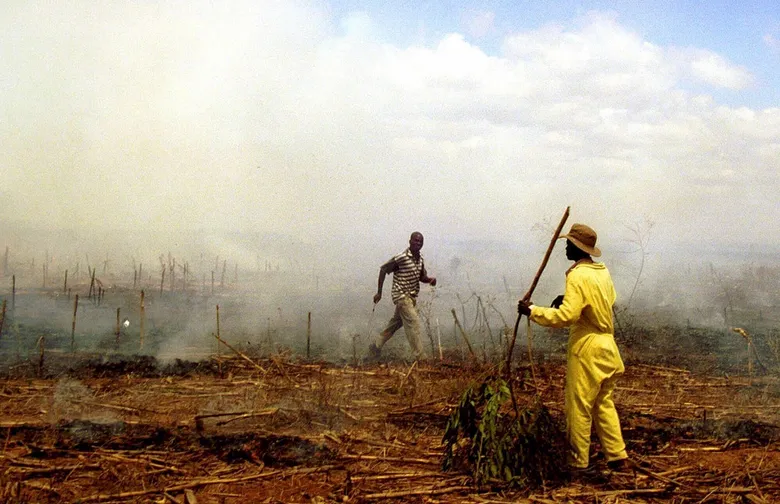In a historic move, Zimbabwe is set to compensate local and foreign white farmers who lost land and property during the controversial farm seizures that began over two decades ago. The land redistribution program, initiated by the late President Robert Mugabe in 2000, aimed to correct colonial-era injustices, but led to violent evictions and disrupted the nation’s agricultural output.
At a recent meeting with diplomats, Finance Minister Mthuli Ncube announced the government has approved $351.6 million in compensation for 441 local white farmers and $196.6 million for 94 foreign farmers. However, only 1% of the total amount, or $3.5 million, will be paid in cash to local farmers, with the rest issued as treasury bonds. Foreign claimants from countries including Denmark, Germany, and the Netherlands, will initially receive $20 million to be shared among them.
The compensation is primarily for infrastructure losses such as buildings and irrigation systems, rather than the land itself, which the Mugabe government argued had been wrongfully taken from Black Zimbabweans during colonial rule. Foreign farmers, however, will be compensated for both land and infrastructure, as protected by international agreements.
The program, which displaced around 4,000 white farmers, severely affected Zimbabwe’s agricultural sector, once a major regional food producer. While the sector has recovered in recent years, it now faces challenges from droughts.
This compensation comes as Zimbabwe continues negotiations to restructure its $21 billion debt. Land seized during the redistribution program remains state property, and those occupying it hold leases. In a recent policy shift, the government has announced plans to allow land beneficiaries to sell their plots—but only to Black Zimbabweans. The move has sparked criticism, particularly over the fact that politically connected individuals who gained multiple farms during the redistribution could now profit from sales.
President Emmerson Mnangagwa’s government, which signed a compensation deal with white farmers in 2020, has encouraged them to apply for new land, signaling a new approach to engaging with the farming community. Payments are expected to begin in late 2024.
